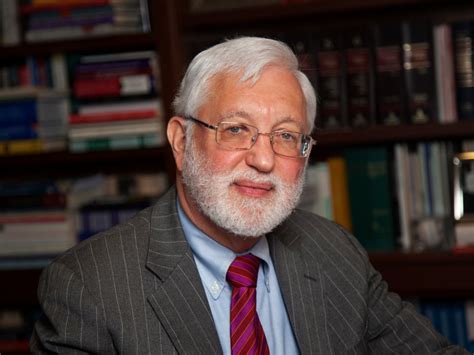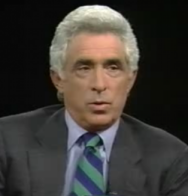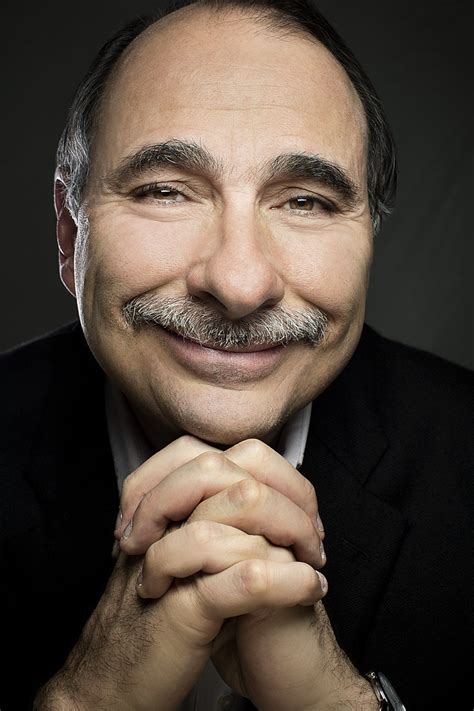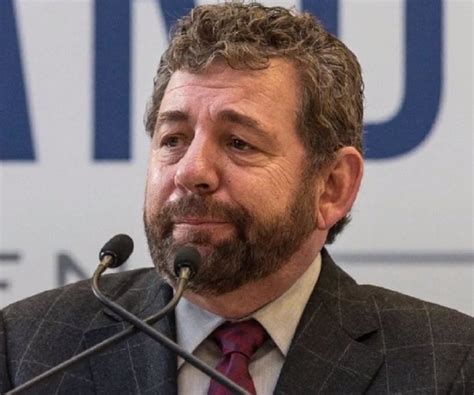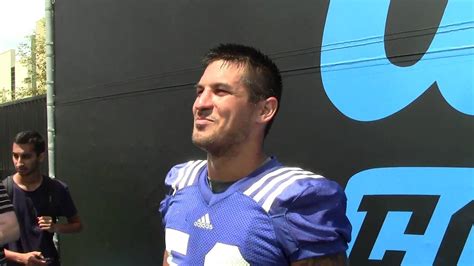A Quote by Jed S. Rakoff
If crimes are committed, they are committed by people; they are not committed by some free-floating entity. These companies and other entities don't operate on automatic pilot. There are individuals that make decisions - and some make the right decisions, and some make the wrong decisions.
Related Quotes
Some make light of decisions, arguing that all possible decisions will occur. In such a world, how could one be responsible for his actions? Others hold that each decision must be considered and committed to, that without commitment there is chaos. Such people are content to live in contradictory worlds, so long as they know the reason for each.
The most basic principle to being a free American is the notion that we as individuals are responsible for our own lives and decisions. We do not have the right to rob our neighbors to make up for our mistakes, neither does our neighbor have any right to tell us how to live, so long as we aren’t infringing on their rights. Freedom to make bad decisions is inherent in the freedom to make good ones. If we are only free to make good decisions, we are not really free.
There has been a lot of talk lately about the burdens of the Presidency. Decisions that the President has to make often affect the lives of tens of millions of people around the world, but that does not mean that they should take longer to make. Some men can make decisions and some cannot. Some men fret and delay under criticism. I used to have a saying that applies here, and I note that some people have picked it up, If you cant stand the heat, get out of the kitchen.
Most people define "street smarts" as some innate ability to make savvy decisions, or one that has developed as a result of a person being confronted with very challenging circumstances in the past. I think another common term that is used is one who has amazing "business acumen." But, whatever we call it, it is always associated with some mysterious ability, only a few possess, that allow them to make better decisions than the rest of us.
